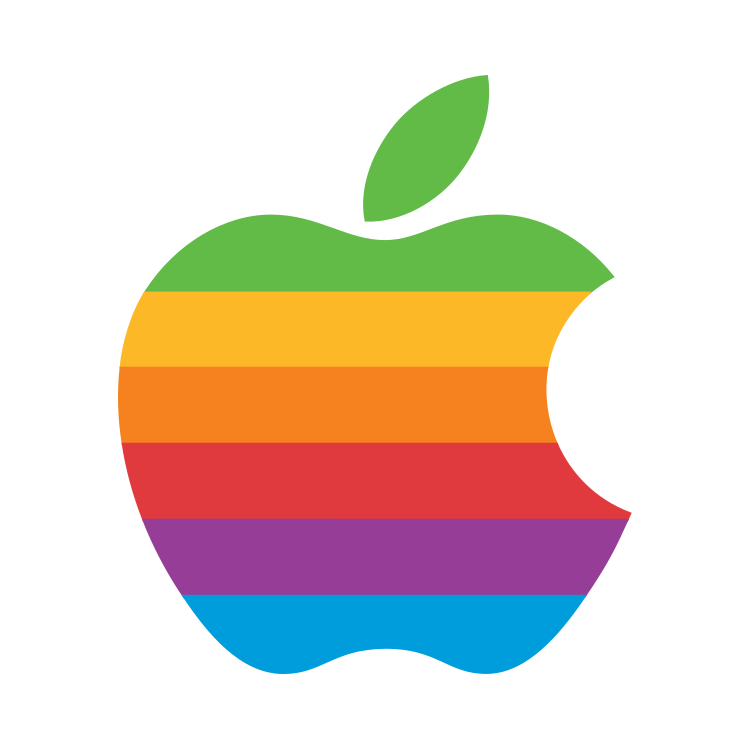So I’ve been having a fluttering feeling in my chest and I’ve been trying to catch something for weeks. Finally felt it while running the ECG, But the question is, how accurate is it? I am scheduled to see a cardiologist, but I’m afraid it won’t be doing anything during my tests
It is accurate as long as the signal quality is good. I don’t think there would be so much coincident that would make you get a misdiagnosis and chances the cardiologist will just do a ECG or 24 hour holter just to be sure.
Didn’t realize there was a 24 hour test. That’s good to know. Just have to wait until my appt
Yeap. Some can even do a 48 hours one.
Not a medical expert but I guess you are looking into PVCs is it? If so, the cardiologist will do a 24 hour ECG and tell you in the 24 hours, how many percentage of your heart beat is normal and how many aren’t. Then with the percentage tell if you need further treatment or not.
It accurately shows lead 1 of an ECG.
Mine showed me as in an AFIB state and immediately left work and went to the ER! I trust that my watch was trying to tell me something but not that it is a doctor! It’s a good device to warn you something is not right but not a diagnosis that you need to see a cardiologist for
These new AI chatbots are pretty helpful now. They can easily replace things like reddit and make Internet searches much easier. I asked. the “chatbot” perplexity.ai the same question as this post and got this answer (Perplexity.ai is free and do not require an account and searches in real time on current data):
"According to multiple studies, the accuracy of the ECG feature on the Apple Watch varies depending on the study and the condition being tested. Here are some key findings:
- One study by a Stanford Associate Professor of Medicine demonstrated that the Apple Watch could accurately detect atrial fibrillation (AFib) in 84% of cases when compared to a traditional 12-lead ECG[4].
- Another study showed that the Apple Watch single-lead ECG had a high accuracy to identify AFib and sinus rhythm[1].
- However, a study showed that a single-lead ECG measured using a KardiaBand paired with an Apple Watch had only “moderate diagnostic accuracy” in diagnosing AFib compared to a 12-lead ECG in the hospital[3].
- Yet another study assessed the Apple Watch ECG’s accuracy in detecting AFib in patients who had undergone cardiac surgery. The study showed a sensitivity of 41% for the abnormal rhythm notification from the Apple Watch Series 4 and a sensitivity of 96% for the single-lead ECG downloaded as a PDF, compared to telemetry[3].
- The ability of the Apple Watch ECG to detect abnormalities related to cardiac ischemia was limited[5].
- Apple’s ECG application is a much simpler single-lead ECG with limited capabilities. It won’t help detect most heart rhythm abnormalities or worsening heart failure. It also won’t reliably detect the electrical changes associated with a heart attack[6].
In summary, the accuracy of the ECG feature on the Apple Watch varies depending on the study and the condition being tested. While some studies have shown high accuracy in detecting AFib and sinus rhythm, other studies have shown moderate diagnostic accuracy in diagnosing AFib compared to a 12-lead ECG in the hospital. It is important to note that the ECG feature on the Apple Watch is not a substitute for professional medical advice and diagnosis. If you are experiencing symptoms, it is recommended to discuss them with your healthcare provider as soon as possible to rule out underlying heart conditions.
Citations: [1] https://www.ncbi.nlm.nih.gov/pmc/articles/PMC9795256/ [2] https://www.cnet.com/tech/mobile/apple-watch-ecg-ekg-watchos-vs-hospital-medical-grade-detected-strange-heart-rhythm/ [3] https://www.gehealthcare.com/insights/article/ecg-watch-accuracy-and-the-question-of-data-overload [4] https://www.qaly.co/post/how-accurate-the-ecg-is-on-your-apple-watch [5] https://www.ahajournals.org/doi/full/10.1161/CIRCEP.120.009260 [6] https://www.cnn.com/2018/12/06/health/apple-watch-ecg-app-review/index.html"
Sounds like you should consult a Dr instead of asking Reddit or waiting on the off chance your watch picks something up.
It’s been medically proven to be equivalent to a single-wire EKG. It’s been proven to enough of a degree that it’s the one health feature that is FDA approved and Apple can actually claim as a medical feature.
However, single-wire EKGs are the least accurate and relied-upon. Your doctor may look at the data, but they’ll definitely do their own EKG, and it won’t be single-wire.
Go to a doctor if you feel something you aren’t sure about
This
The bottom and the top I have not seen before…. (One semi-skipped beat) But I have it go crazy on my sometimes (wet wrist and such). Sounds like you are going to Dr, show them and it may help skip some primary steps. You will like have to get fitted for a real one and it will be continuous and more accurate (and detailed).

